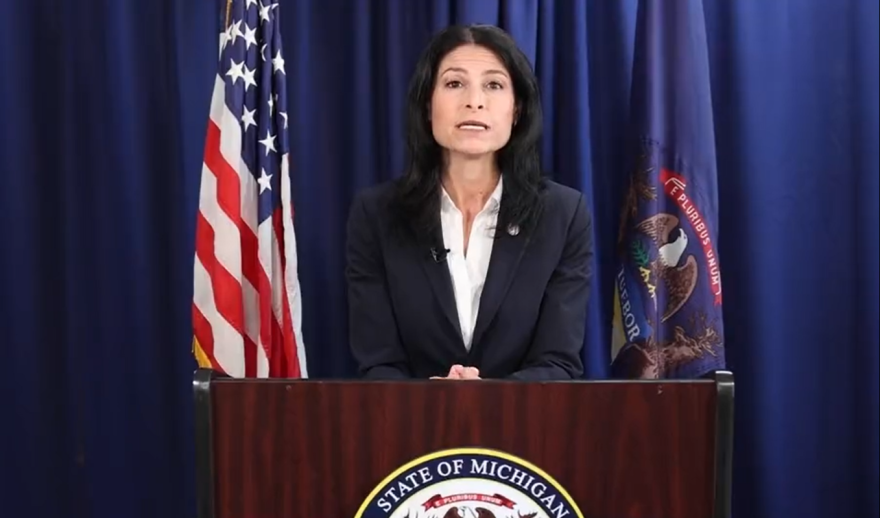Michigan has joined more than 20 other states in a lawsuit against the Trump administration for freezing education funding. The funds frozen in Michigan total around $171 million. $6.8 billion of federal funding that had previously been approved by Congress has been frozen across the country.
In a press release, the Department of Education announced on June 30 that it will not be distributing funds to state agencies. This impacts six programs overseen and administered by the U.S. Department of Education.
Attorney General Dana Nessel's office said these programs provide services to immigrant children and English learners, promote effective classroom teaching, support community learning centers and after-school care programs, and improve school conditions.
This announcement came as a surprise to schools, pausing approved budgets and staffing plans.
Michigan State Superintendent Michael Rice said local school districts planned on this funding for students and staff for the upcoming 2025-2026 school year. Plans had already been made for money to be put toward professional development, mentoring, tutoring, before and after school care, technology, and mental health support.
Rice said they typically begin receiving allocations in April. This year, they received incomplete allocations in mid-May and on July 1 were told further federal education grants were under review. He characterized the move as “ominous.”
Sandy Ehlers is the Program Director for the SEEDS Ecology & Education Centers EcoSchool. The non-profit organization provides after-school care, enrichment, meals, and additional learning opportunities for children in low-income families.
“This was completely unexpected,” Ehlers said. Funding has never been taken away, especially after it is voted on and has been approved, she continued.
Ehlers said they were given no opportunity to plan for a lack of funding. She said SEEDS manages 12 sites, many of which have operated more than 10 years with federal education grants.
She said the SEEDS EcoSchool offers a summer camp for close to 1,000 students in rural Michigan who have no other place to go in the summer. Parents often can't afford daycare even if it is available, according to Ehlers.
The program offers tutoring, and children are given a meal before returning home. Without the childcare these programs provide, parents might be forced to quit their jobs in order to care for their kids, said Ehlers.
Without federal funding, Ehlers said they would have to rely on donations and the generosity of other community organizations to ensure these children have a safe place to go after school where they can continue learning.
“The idea that parents only need supervision and care for their children during school is mythic,” Superintendent Rice said. “It does not fully cover the time of each parent’s employment. The time period between 3-6 p.m. is crucial for students.”
The EcoSchool typically serves low-income communities with a high percentage of people living below the poverty line. “This would be devastating for them,” said Ehlers. “They rely on meals and extra help. It doesn't affect just the kids and schools, it affects the entire community.”
Superintendent Rice said that local school districts must continue to provide services without the support of the federal government. School superintendents are currently looking at the availability of a host of funds to tide schools over, he continued.
The Trump administration has been opaque on what its review of the funding entails, giving no details, Rice said.
The Associated Press reported the Trump administration stated that it found schools were using some of this money to support illegal immigration and promote inclusion for LGBTQ+ communities. It said these funds were helping to foster “a radical leftwing agenda.”
“Our schools and school districts rightfully believed that funds appropriated by Congress and signed into law by President Trump would be forthcoming,” Superintendent Rice stated in a press release supporting Nessel’s lawsuit. “Now schools are left to scramble to try to figure out how to provide programs that are vitally important to children.”




